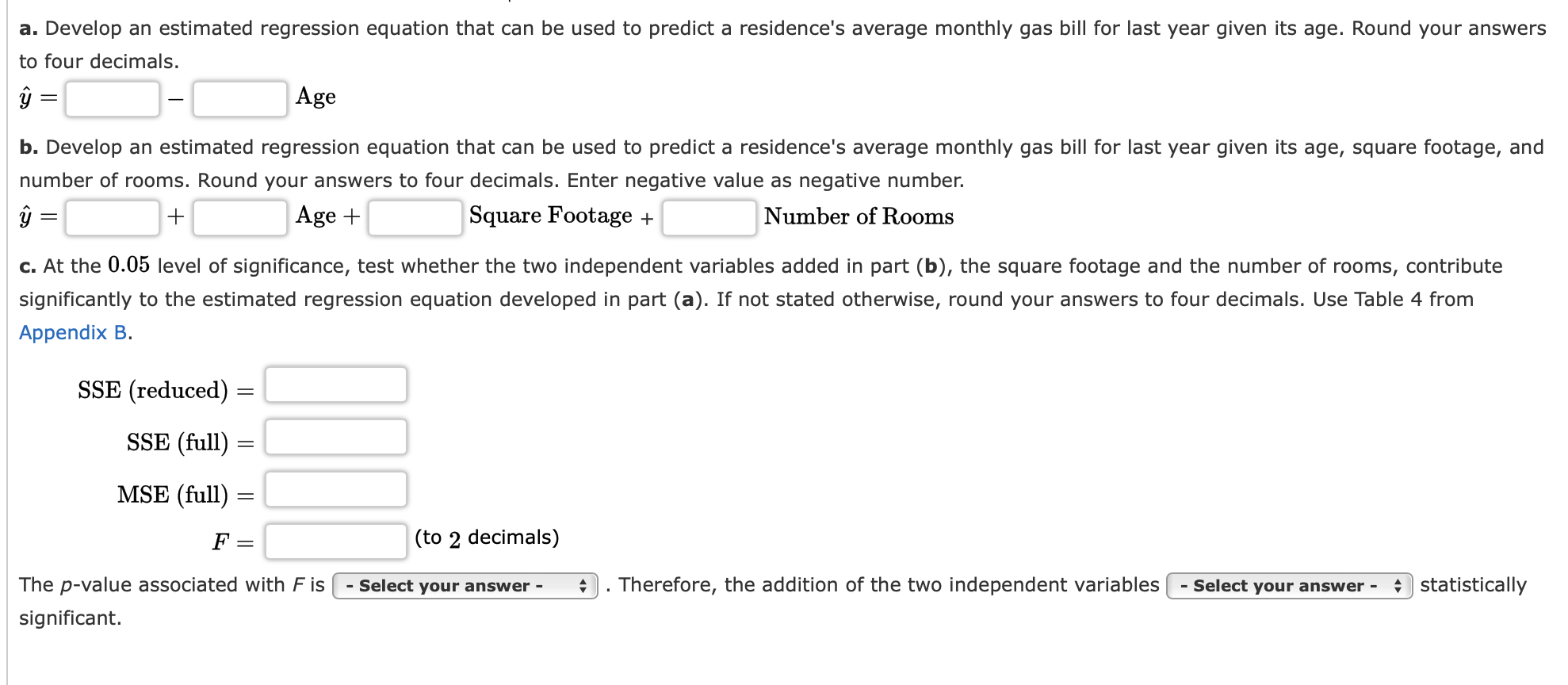Factors Influencing Gas Bill Costs

Your gas bill can vary from month to month, and there are a bunch of factors that can make it go up or down. It’s like a game of Tetris, but with your energy usage!
Apartment Size and Insulation
The size of your apartment plays a big role in your gas bill. A bigger space naturally needs more energy to heat up, so you’ll likely see a higher bill. Insulation is another key player. Think of it like a warm blanket for your apartment. Good insulation keeps the heat in, reducing the amount of gas needed to stay cozy. If your apartment is poorly insulated, you’ll be using more gas to maintain a comfortable temperature.
Heating System Type
The type of heating system you have can also impact your gas bill. Different systems have different efficiencies. For example, a modern, high-efficiency furnace will use less gas than an older, less efficient model. Here’s a breakdown of how some common heating systems affect gas consumption:
- Furnaces: These are the most common type of heating system. They use a gas burner to heat air, which is then circulated throughout your apartment. Furnaces come in different efficiencies, so make sure to check the efficiency rating of yours. A higher efficiency rating means it uses less gas.
- Boilers: Boilers heat water, which is then used to heat your apartment through radiators or baseboard heaters. Boilers can be very efficient, but they also require regular maintenance to ensure they’re running smoothly.
- Heat Pumps: These systems can both heat and cool your apartment, making them a good choice for year-round comfort. They use electricity to move heat, but some models can also use gas for heating in colder temperatures.
Climate and Weather Conditions
Let’s face it, the weather outside has a huge impact on your gas bill. During cold winters, you’ll be using more gas to stay warm. This is especially true if you live in a region with extreme temperatures. If you’re in a place with mild winters, you might see lower gas bills.
Personal Habits and Usage Patterns, Average gas bill for a 1 bedroom apartment
Your personal habits and how you use your apartment can also affect your gas bill. Here’s how:
- Thermostat Settings: Adjusting your thermostat even by a few degrees can make a big difference. Try setting it a little lower during the day when you’re not home and at night when you’re sleeping.
- Appliance Usage: Be mindful of how you use appliances that use gas, like your stove and oven. Using them efficiently can help you save money on your gas bill.
- Window and Door Sealing: Make sure your windows and doors are properly sealed to prevent drafts. Drafts can let in cold air, making your heating system work harder and use more gas.
Tips for Reducing Gas Bill Costs: Average Gas Bill For A 1 Bedroom Apartment
Lowering your gas bill doesn’t have to be a chore, it can be as easy as making a few small changes around your apartment. Let’s explore some simple tips to help you save some serious cash on your energy bills.
Optimizing Thermostat Settings
Adjusting your thermostat settings is a key factor in reducing gas usage. By setting your thermostat a few degrees lower during the day and even lower at night, you can significantly decrease your gas consumption. For example, if you usually set your thermostat at 72°F, try lowering it to 68°F during the day and 65°F at night. This might sound chilly, but you can always layer up with sweaters and blankets. You’ll be surprised at how much money you can save without sacrificing comfort.
Energy-Efficient Appliances
Upgrading to energy-efficient appliances can have a huge impact on your gas bill. Look for appliances with the Energy Star label, which indicates they meet specific energy efficiency guidelines. For instance, an Energy Star-certified water heater can use 15% less energy than a standard model.
- Water Heaters: Choosing a tankless water heater, also known as an on-demand water heater, can save you money on gas bills. These heaters only heat water when you need it, unlike traditional tank-style heaters that continuously heat water, even when it’s not being used.
- Furnaces: Modern furnaces are much more efficient than older models. Look for a furnace with an Annual Fuel Utilization Efficiency (AFUE) rating of 95% or higher. A higher AFUE rating means the furnace converts more of the fuel into heat, leading to lower energy consumption and reduced gas bills.
Improving Insulation and Sealing Drafts
A well-insulated apartment will retain heat more effectively, reducing the amount of gas your furnace needs to use. Here are some practical steps you can take to improve your apartment’s insulation:
- Caulking and Weatherstripping: These simple measures can make a big difference in preventing drafts. Inspect your windows and doors for any gaps or cracks and seal them with caulk or weatherstripping.
- Insulating Windows: Adding window insulation film or curtains can create a barrier against cold air and help reduce heat loss.
- Insulating Walls and Floors: If you have access to the walls or floors, consider adding insulation to them. This can significantly improve your apartment’s energy efficiency.
Utilizing Alternative Heating Sources
While your furnace is the primary heating source, using alternative heating methods can help you reduce your gas bill.
- Fireplaces: If you have a fireplace, consider using it for occasional heating, especially during colder months. Remember to use a fireplace screen to prevent sparks from escaping and ensure proper ventilation.
- Space Heaters: Using a space heater in specific rooms can help you avoid heating your entire apartment. Choose energy-efficient space heaters, such as those with ceramic heating elements. However, always be cautious about fire safety when using space heaters.

